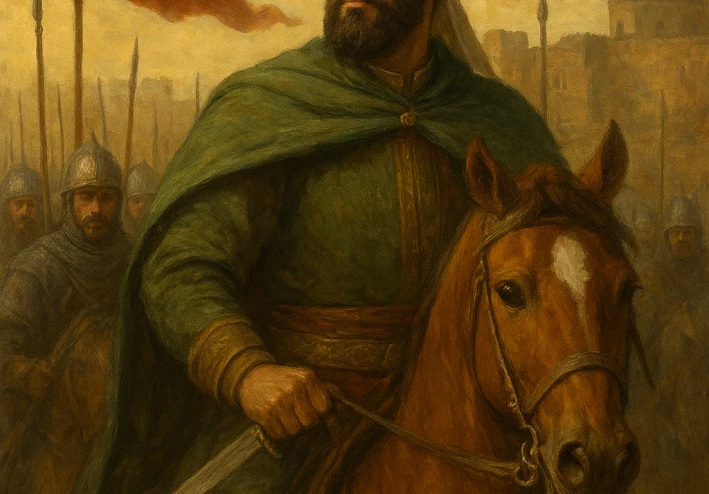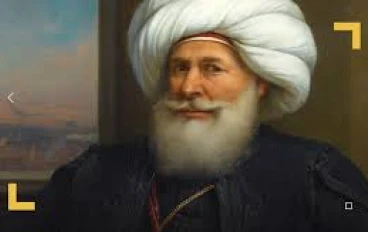
The Rise of Saladin: A Leader of Justice
The Rise of Saladin: A Leader of Justice

In the 12th century, during the turbulent era of the Crusades, a man would rise from humble beginnings to become one of history’s most admired leaders—Salah ad-Din Yusuf ibn Ayyub, known in the West as Saladin. His name would echo through time as a symbol of justice, mercy, and chivalry, even among his enemies.
Early Life and Humble Beginnings
Saladin was born in 1137 in Tikrit, a small town along the Tigris River. His family was of Kurdish origin, serving under the powerful Zengid dynasty. From an early age, Saladin showed intelligence, humility, and a deep sense of faith. Unlike many warriors of his time, he did not dream of power or glory but was devoted to learning and serving.
As a young man, he entered the service of Nur ad-Din, a great Muslim leader who sought to unite the fragmented Islamic world against the Crusaders. Saladin learned the art of leadership, governance, and warfare under Nur ad-Din’s guidance. His modesty and honesty earned him respect among soldiers and scholars alike.
The Path to Power
In 1169, Saladin was appointed vizier of Egypt under the Fatimid Caliphate, a position of immense influence. At first, many doubted his ability to govern such a wealthy and divided land. However, Saladin soon proved his worth. He abolished corruption, restored justice, and strengthened the economy. When the Fatimid Caliphate declined, Saladin assumed control, pledging loyalty to the Abbasid Caliph in Baghdad.
Through wisdom and diplomacy, he united Egypt and Syria under his rule. His vision was clear: to bring peace and unity to the Muslim world and defend it against foreign invaders. Yet, he always ruled with fairness, treating his subjects—Muslim, Christian, or Jew—with justice and compassion.
The Clash with the Crusaders
Saladin’s greatest challenge came with the Crusader states in the Levant. In 1187, after years of uneasy truces and broken agreements, he faced King Guy of Lusignan and the Crusader army at the Battle of Hattin. Saladin’s forces encircled the Crusaders near the scorching plains of Tiberias, cutting off their water supply. After a fierce battle, the Crusader army was crushed.
The victory opened the way to Jerusalem. When Saladin entered the holy city, he showed mercy unheard of in an age of brutality. There was no massacre, no plunder. He allowed Christian civilians to leave safely and even provided for the poor. His chivalry stunned Europe, and tales of his honor spread across Christendom.
A Legacy of Honor
Though Saladin fought many battles, he was always a man of peace at heart. He negotiated truces with Richard the Lionheart during the Third Crusade, respecting his enemy’s courage. When Saladin died in 1193, he left behind almost no personal wealth—his riches had been spent on charity and the welfare of his people.
Saladin’s legacy is not merely that of a conqueror but of a just ruler who embodied the ideals of mercy, humility, and faith. To this day, he remains a shining example of leadership guided by principles, not ambition.




































